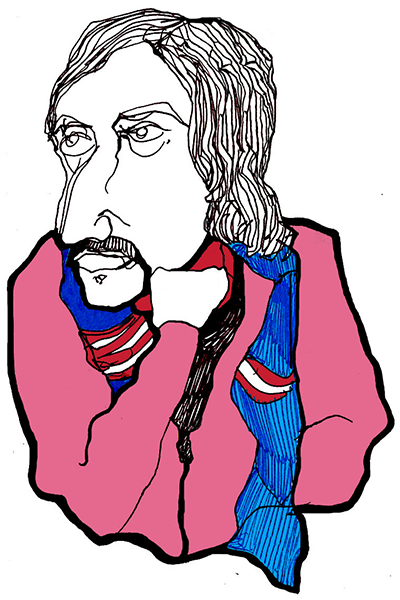Our central anxiety about translation today is our (relatively recent) anxiety over authorship.
Long live the wonderful friendship between translation and hoaxes! Every translation is a hoax at least in the sense that it is not what it claims to be: the author’s “own words.”
A new translation should be seen as an addition, not a replacement: translation is additive.
Every work of translation begins as a study. No translation is innocent.
“Faithfulness” a foil a cover an alibi. “Accuracy” when examined always a term of imprecision.
But translation is always possible. Translation is the new art of the possible.
Translation is originality. Commentary transcription and calligraphy are allied original arts.
In 1857, the native sepoys of the colonial army plotted rebellion “behind the back” of the administration, in languages it hadn’t bothered to learn well enough. In the wake of this surprise—after a spell of brutal, even mindless retribution against the native city—the colonists famously set about bringing the natives fully into English. They also embarked on perhaps the widest, most intricate effort of translation ever. Land tenure, customary law, you name it. Nothing should escape the predatory eye of English, no “inaccurate” or freely improvised translation should ever be allowed or admitted to. It was a task of gathering but also fixing. The technology of the dictionaries they compiled helped them in this; but it also helps us, today.
Part of the (relatively recent) conspiracy of nations in poetry is the fencing off of translations, suppressed or repressed as if they belonged to other literatures and not ours. (A few token exceptions to help police the line— )
And the boundary between languages no longer clear.
If translation can no longer be a consolation what kinds of pressure and investment must it be willing to undergo? Under what terms do we endure mediocrity?
True translation is soul-fusion technology. Technology: ie. techne.
Every translation is a collaboration among many, including all those who have come to this terrain before you. I am indebted even to those translations whose approach I reject because they gave me the benefit of having something to reject.
If nothing is to be lost, something must first be gained.
All poetry is translation.
All translation is not poetry.
Translation is movement not equivalence.
Count me out— from the translation that wants to exile the source.



